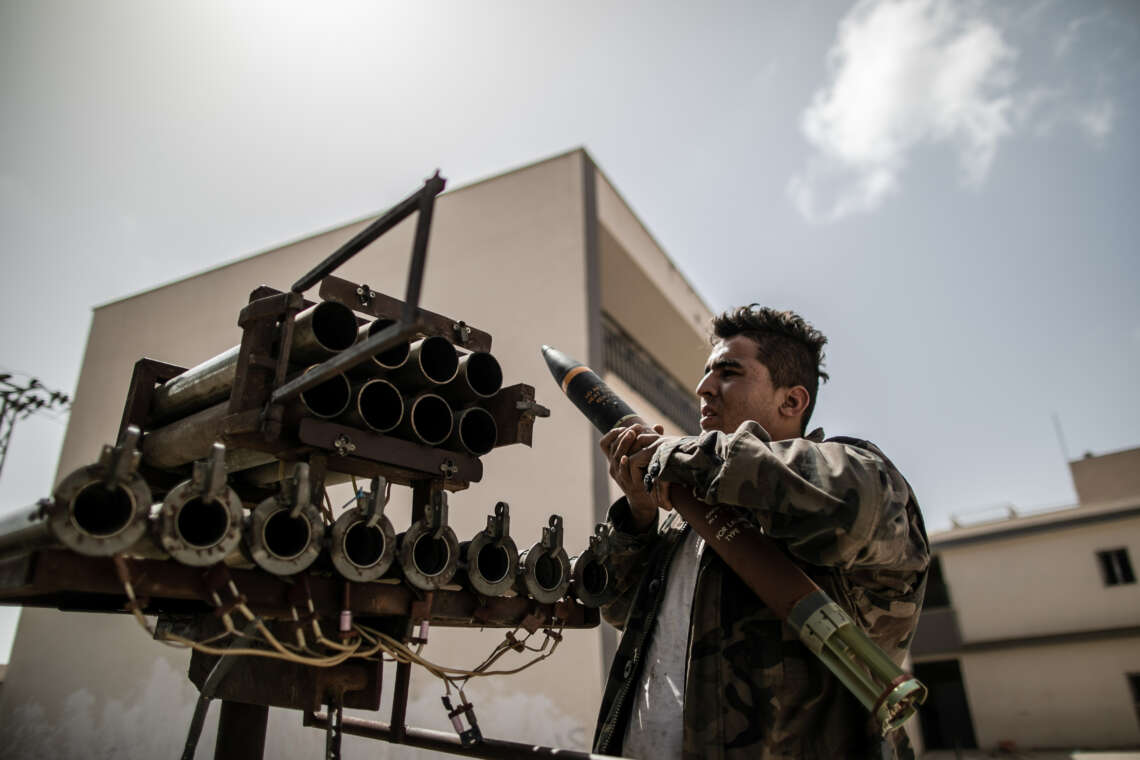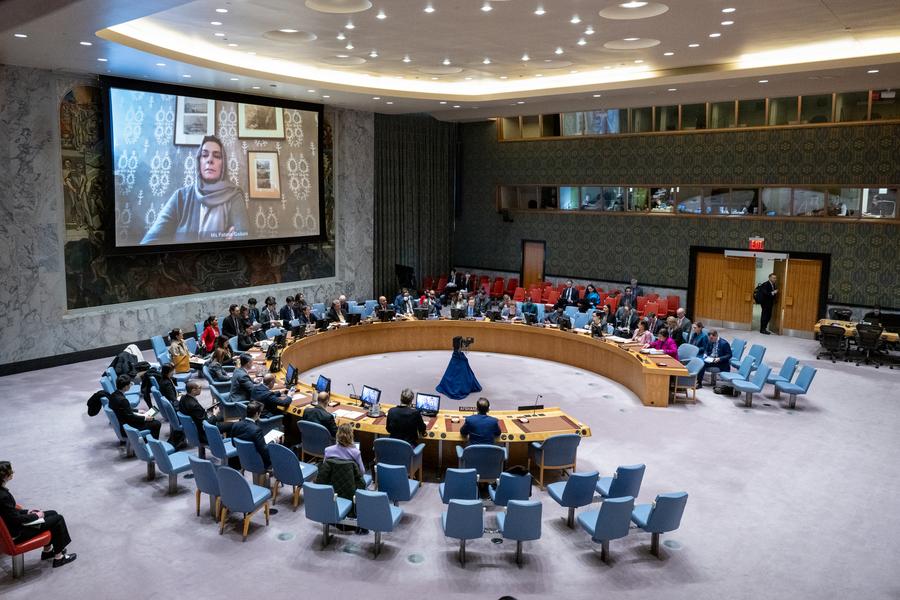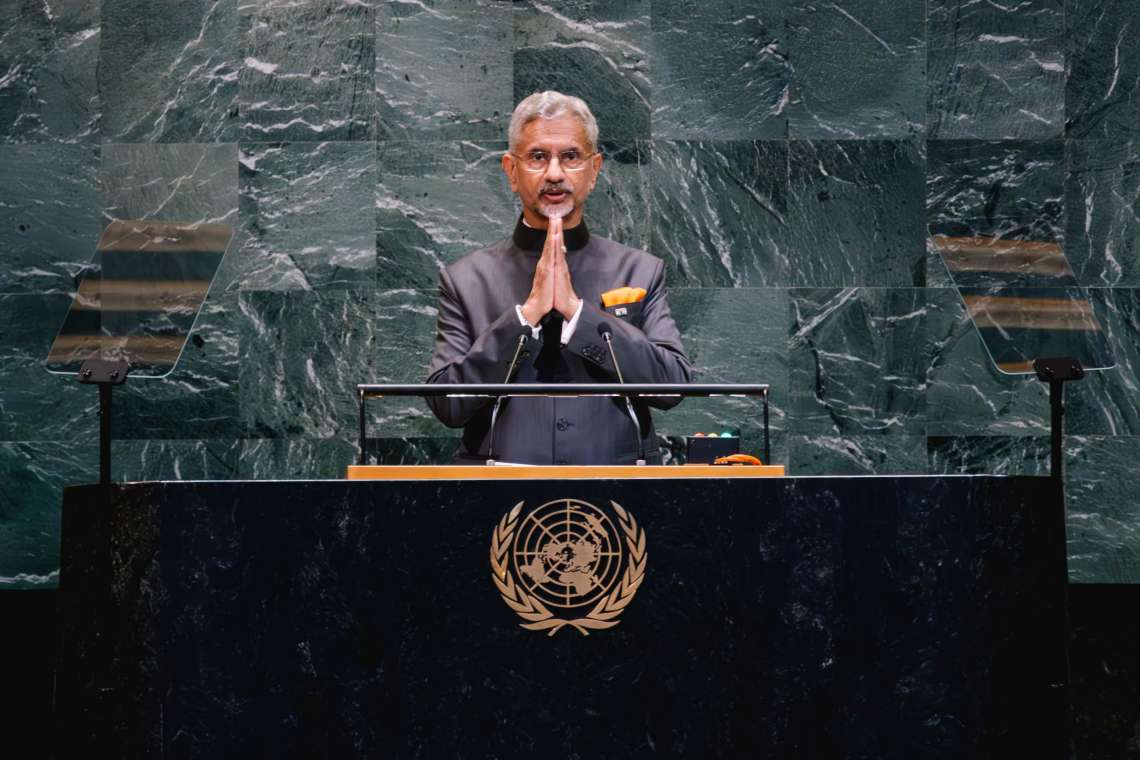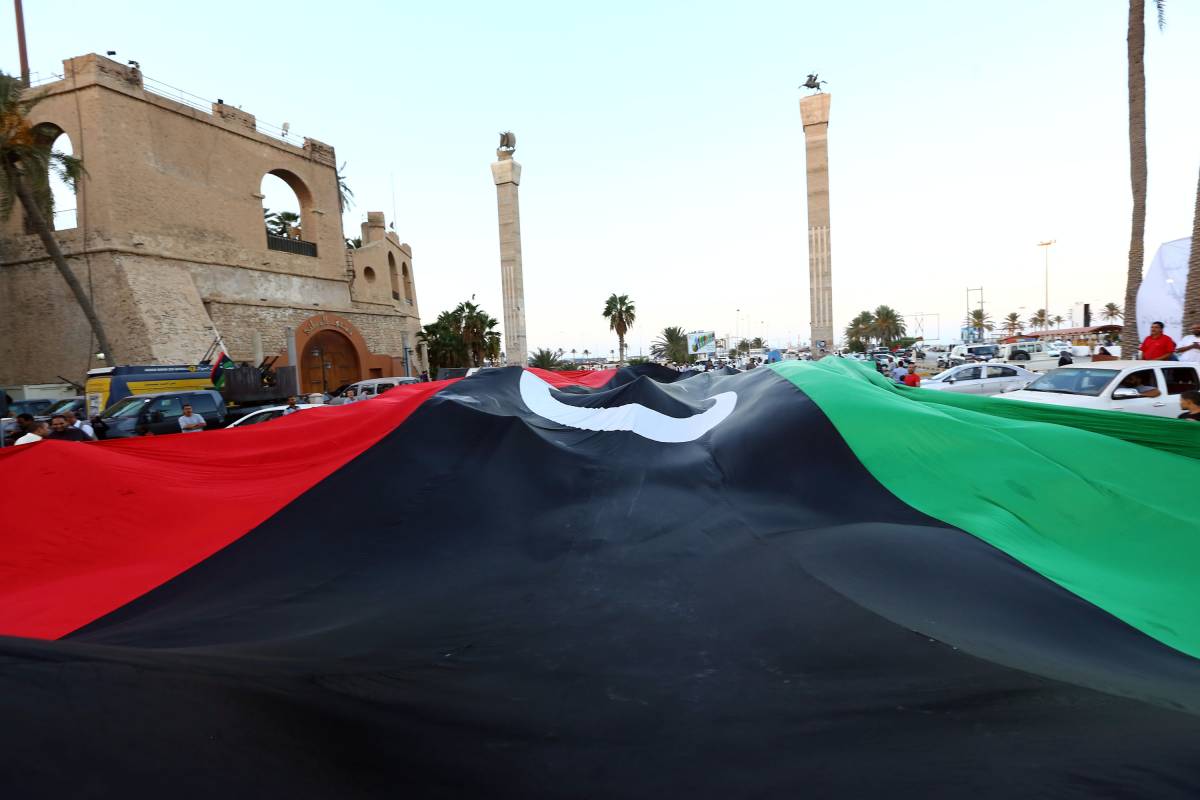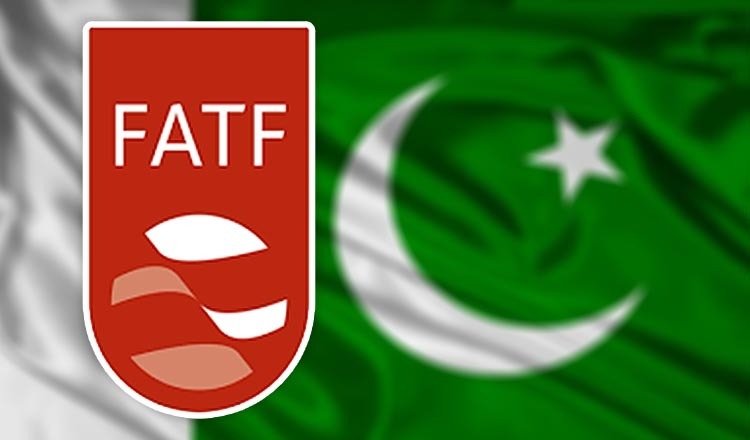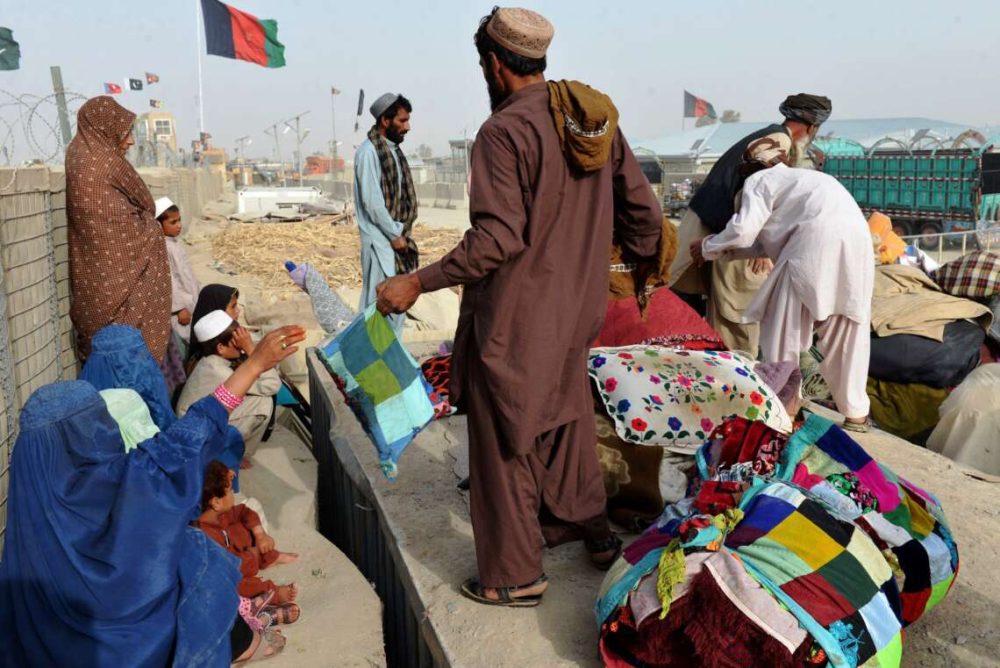Thirteen Council members voted in favour of the resolution, while Russia and China abstained.
The United Nations Security Council has voted to extend the authorisation allowing member states to inspect vessels suspected of violating the arms embargo on Libya, as fresh militia clashes in Tripoli underscore the country’s enduring instability and fractured security environment.
Adopted on Thursday, Resolution 2780 renews for six months the mandate that permits UN member states, acting individually or through regional organisations, to intercept ships on the high seas headed to or from Libya if they are suspected of transporting weapons or military equipment in breach of existing international sanctions.
Thirteen Council members voted in favour of the resolution, while Russia and China abstained. The decision comes amid international concern over Libya’s fragile ceasefire and the renewed eruption of armed conflict in the capital.
The Security Council first imposed an arms embargo on Libya in 2011 following the uprising that led to the fall of longtime ruler Muammar Gaddafi. Subsequent resolutions, including Resolution 2292 adopted in June 2016, gave legal authority for maritime interdictions aimed at curbing illicit weapons flows that fuel Libya’s conflict.
According to the renewed mandate, the Secretary-General is required to report back within five months on the implementation of the measure. The Security Council also reaffirmed the role of the Libya Sanctions Committee, which can designate specific vessels for sanctions, including prohibiting them from bunkering services or engaging in crude oil trade involving smuggled Libyan resources.
During the vote, Russian and Chinese representatives raised objections to how the inspections are currently being conducted, expressing scepticism over the effectiveness and impartiality of Operation IRINI – a European Union naval mission tasked with enforcing the arms embargo. Both countries also criticised the disposal and accountability of intercepted items.
The renewed authorisation coincides with heightened tensions on the ground in Libya. Earlier this month, the Tripoli-based Government of National Unity (GNU) announced a ceasefire following fierce overnight clashes between rival militias that engulfed central parts of the capital. The violence erupted between forces loyal to Prime Minister Abdul-Hamed Dbeibah, including the 444 Brigade, and fighters aligned with Abdel Raouf Kara, commander of the powerful Special Deterrence Force.
Residents described a night of chaos as gunfire echoed through residential areas, forcing many to shelter indoors. The Libyan Red Crescent confirmed it had recovered at least one body in downtown Tripoli, though the full extent of casualties remains unknown.
The clashes followed the killing of Abdel Ghani al-Kikli, a controversial commander of the Stability Support Apparatus (SSA), also known as Ghaniwa. His death, allegedly at the hands of the 444 Brigade, triggered violent retaliations that left at least six people dead and further destabilised parts of the capital.
The United Nations Support Mission in Libya (UNSMIL) condemned the violence and urged all parties to protect civilians and prevent further escalation. It warned that attacks on civilian infrastructure and indiscriminate harm may constitute war crimes under international law.
The GNU’s Defence Ministry stated that a ceasefire was in effect by midday, with buffer forces deployed in conflict zones to separate the rival factions. However, the fragile truce remains tenuous as tensions simmer beneath the surface in a city plagued by militia rivalries and lack of unified command.
Libya remains divided between the UN-recognised GNU in the west and a rival administration in the east, supported by the Libyan National Army (LNA) under General Khalifa Haftar. Despite several international attempts at mediation, competing militias continue to vie for control, undermining efforts to restore order and hold national elections.
As the UN Security Council continues its attempts to curb the flow of weapons into Libya, the recent clashes have once again exposed the deep fault lines in the country’s political and security landscape. Analysts warn that without a durable political agreement and credible disarmament, Libya risks slipping further into violent fragmentation.


